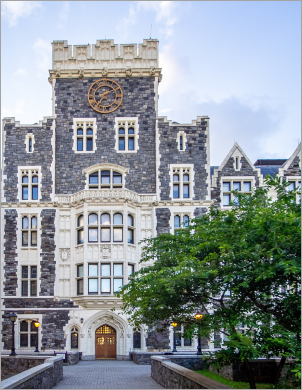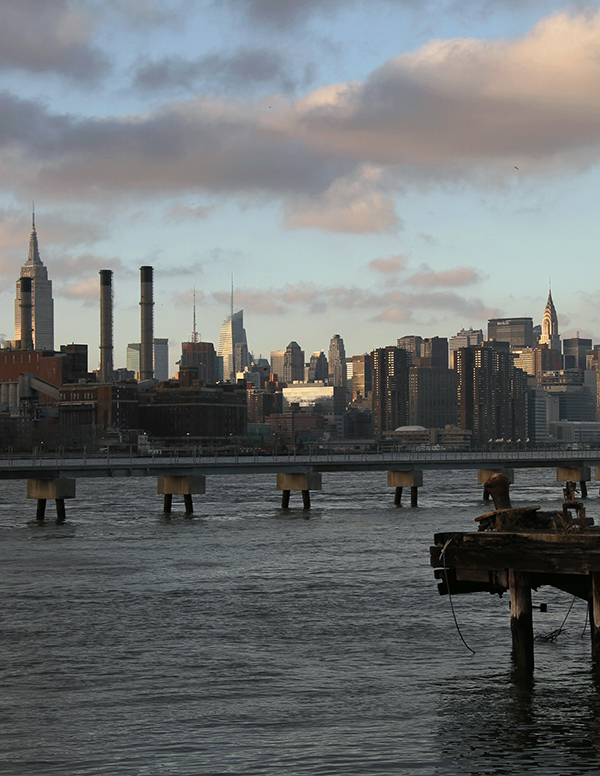Testimomy of John Surico
Senior Fellow for Climate and Opportunity, Center for an Urban Future
Before the New York City Council
Committee on Higher Education
April 17, 2024
Good afternoon. I’m John Surico, the Senior Fellow for Climate and Opportunity at the Center for an Urban Future, an independent think tank focused on creating a stronger and more inclusive economy in New York. Thank you to Chair Dinowitz and this committee for the opportunity to testify.
The Center for an Urban Future has published extensive research on opportunities for policymakers to strengthen CUNY as the city’s most important economic mobility engine—from launching CUNY Reconnect to expanding the vital CUNY ACE program. But policymakers have another massive opportunity ahead: to help that engine go green. Our latest commentary, “To Build a Greener City, Start With CUNY,” lays out a roadmap to do just that.
Building a greener CUNY won’t just help the city meet its crucial emissions reduction goals. It will also modernize an institution that helps more New Yorkers achieve economic mobility than any other, but, sadly, is also home to an alarming number of buildings that are failing its mostly low-income students. CUNY’s nearly 300 buildings cover 28 million ground square feet. The majority are over 50 years old, reliant on gas- and oil-fired boilers and window A/Cs. They are equipped with their original single-pane glass windows, insufficient insulation, and fixtures consuming far more resources than modern alternatives. Only about 8 percent are in a state of good repair.
Even so, CUNY has made progress. After a pandemic lull, the system’s carbon emissions intensity continued to drop in 2022 and 2023. But the system now faces a 24 percent cut to capital funding, which was already woefully insufficient to meet basic needs, let alone help slash the system’s carbon footprint. CUNY has developed a smart five-year plan to meet its climate goals, but lacks the resources to see it through.
Meeting the city and state’s commendable targets for carbon emission reduction will be all but impossible without a major new focus on helping decarbonize CUNY.
Now is the time to act. State and federal legislation has catalyzed billions of dollars in new funding and financing for building retrofits. New York should leverage this moment to make a generational investment in CUNY’s net-zero future.
Fortunately, this effort has a secret weapon: CUNY itself. The CUNY Building Performance Lab serves as a hands-on research center for New York’s decarbonization efforts. City College has cutting-edge renewable energy and building electrification research centers. Students can earn degrees and certifications in everything from clean energy HVAC to solar power to sustainability in the urban environment.
CUNY has the talent to realize this vision, with a sustained capital investment.
The next steps are clear. First, this Council should lead a major new initiative to green CUNY and identify it as a key target for federal and state decarbonization funds. Second, City Hall and Albany should work together to boost CUNY capital investment in this and future budgets, with a focus on decarbonization and state of good repair needs. Third, city and state leaders should work with CUNY officials to harness its immense pool of talent to build a more sustainable future.
By tapping into this unprecedented alignment, the nation’s most effective public university can become its greenest, too. Thank you.



